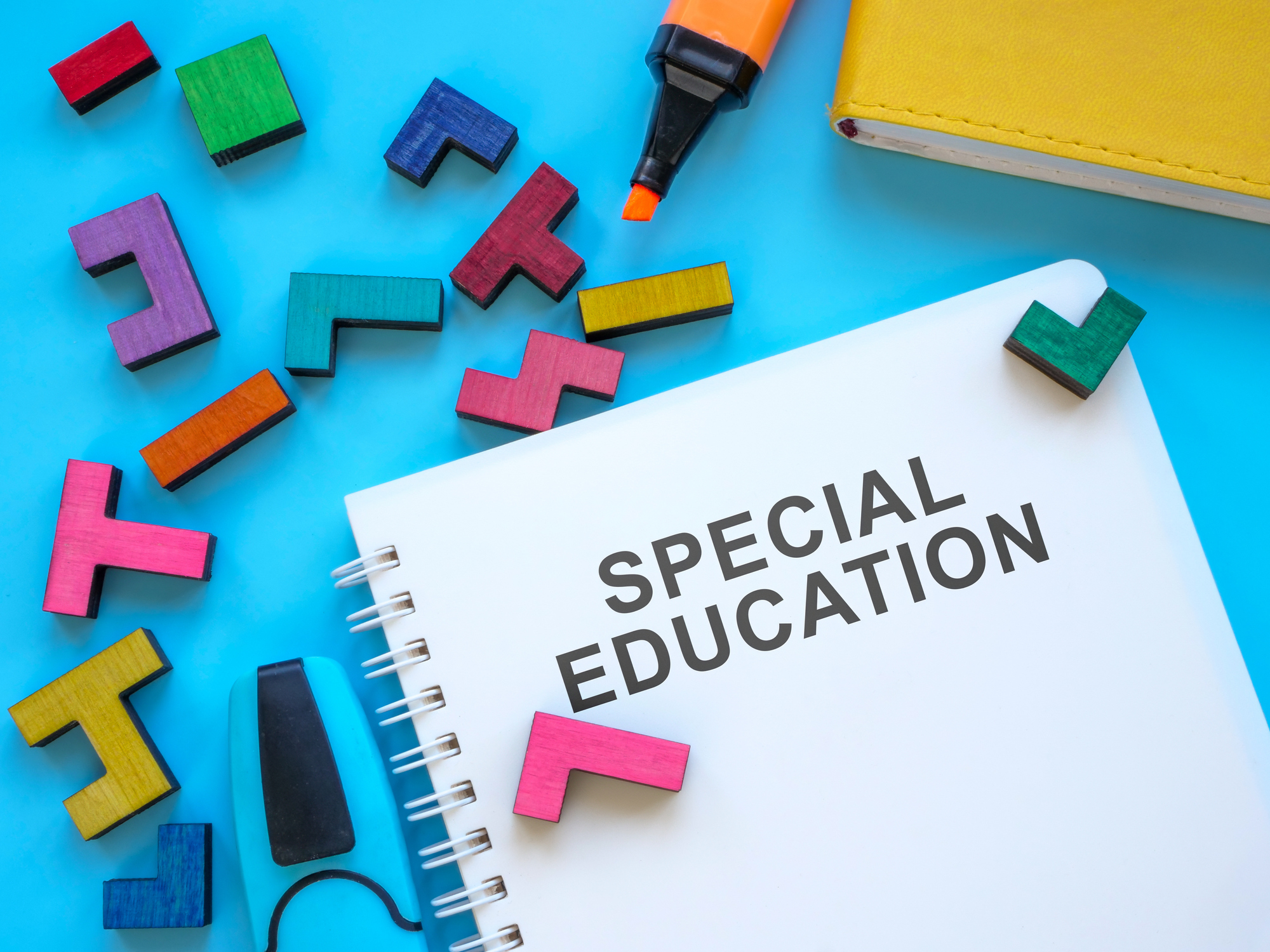The Vermont Thread of Special Education: From Referral to IEP Implementation
Price:
$180
Instructor(s):
Jennifer Patenaude, M.A.
Professional Learning Hours:
6
Intended Audience:
Special education teachers and administrators, as well as others interested in understanding the procedural thread of special education.

Special education becomes overly proceduralized when educational teams lose sight of the ‘why’ behind special education rules and regulations. This webinar series is designed to break down the processes of special education in a sequential manner to illustrate the thread of information that should be carried through from the evaluation to each component of the IEP. This thread should consistently reflect the relationship between the unique needs of the learner, equitable access, and educational benefit. Each aspect of the process’s rationale, as well as its relation to the provision of special education for both academic and functional skill areas, will be explained.
Each session includes supporting materials and specific, follow-up learning activities designed to facilitate transfer of learning from the webinar into your practice.
Webinar #1 – Disability Determination and Impact upon Learning
This webinar provides an overview of the importance of identifying how specific disabilities impact learning, and why understanding this impact is critical to choosing the specialized programming that creates equal access to a free and appropriate public education (FAPE). Specific examples of accommodations/supports that address the impact of each of the high incidence disabilities are provided along with language for associated IEP present level statements.
Webinar #2 – Adverse Effect Upon Educational Performance
This webinar presents the reasoning behind how and why an adverse effect upon educational performance is associated with the impact of disability. It also provides an explanation of adverse effect criteria with specific examples for each type of evidence across basic skill areas for both academic and functional skill areas.
Webinar #3 – Determining the Need for Special Education – What Makes it Special?
What does it mean to need specialized instruction, and what is special about it? This webinar answers that question and also describes the difference between service delivery models that help students to access grade level universal instruction and models that develop the missing foundational skills that create access issues. Guidance regarding who is able to provide specially designed instruction is also discussed.
Webinar #4 – Present Levels of Educational and Functional Performance
The IEP requires statements of present levels that clearly state how FAPE and educational benefit will be ensured. These statements should describe the student’s unique learning profile (including strengths); how this uniqueness impacts their access to general education; and associated needs for specialized programming. The IEP also requires that clear statements of present levels of educational and functional performance, be threaded through the IEP as baseline for associated goals/objectives. This webinar provides guidance for development of these present level statements, including specific examples of language in the IEP for both academic and functional skills.
Webinar #5 – Writing Measurable IEP Goals and Objectives
Drafting IEP goals and objectives that are specific, measurable, attainable, relevant, and timely (SMART) can be challenging. The IEP team must have a good sense of the developmental learning progressions that will be used as the road map for writing goals and objectives. These goals and objectives serve as guideposts for the associated specialized instruction and related services. This webinar provides guidance around how to make informed, proficiency-based decisions regarding goals and objectives, and the language of the IEP
Webinar #6 – IEP Data Collection
Special education rules and regulations require that progress towards IEP goals be reported throughout the duration of the IEP, including when final progress is noted regarding whether the goals were achieved. This information helps determine whether or not the student is experiencing an educational benefit from their special education programming. Effective and efficient strategies for ongoing progress monitoring and data collection systems are essential. This webinar offers both guidance and examples for how to establish these strategies and systems.
View Our
Upcoming Events
Explore our current selection of courses, workshops, and webinars.
